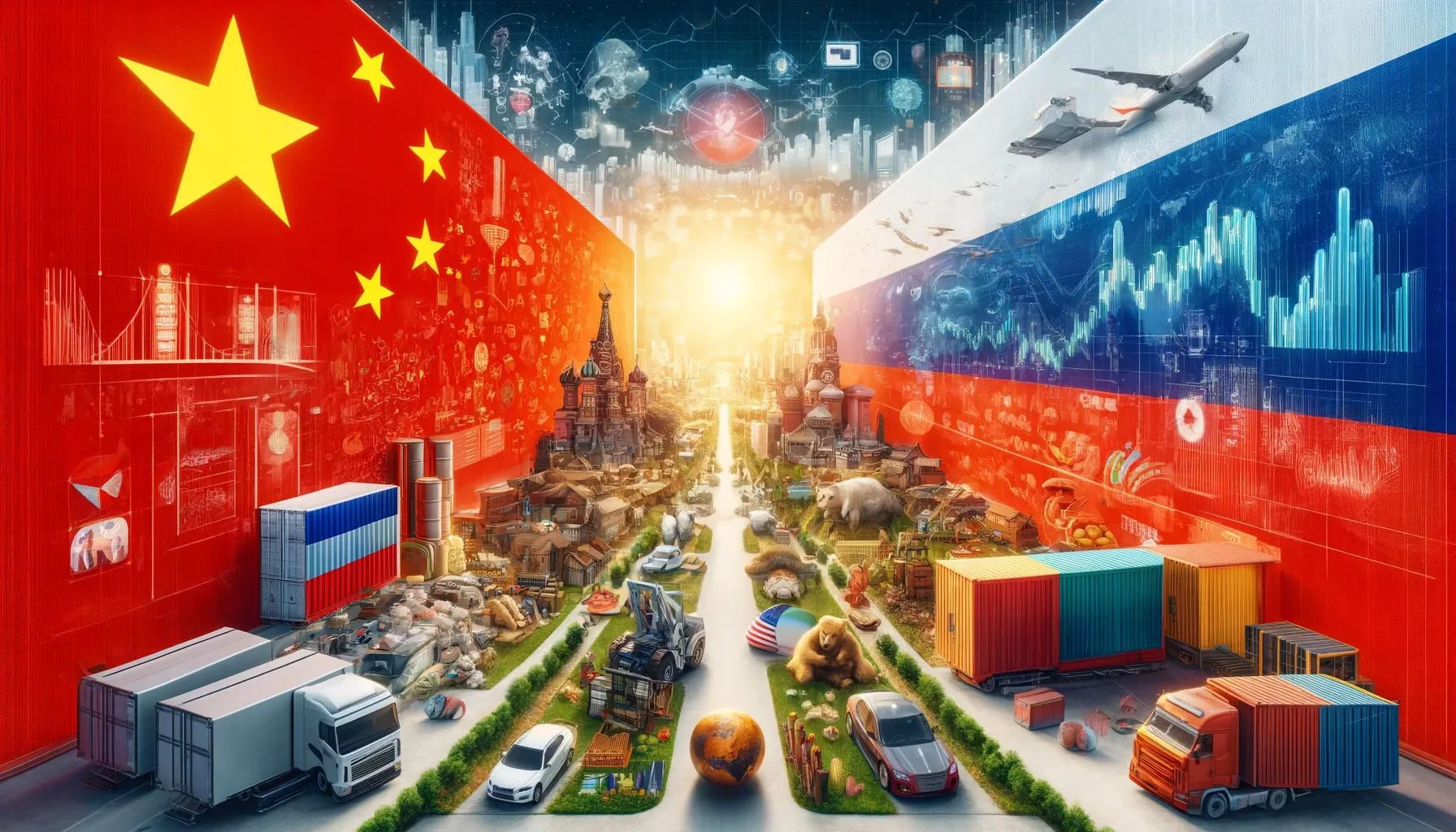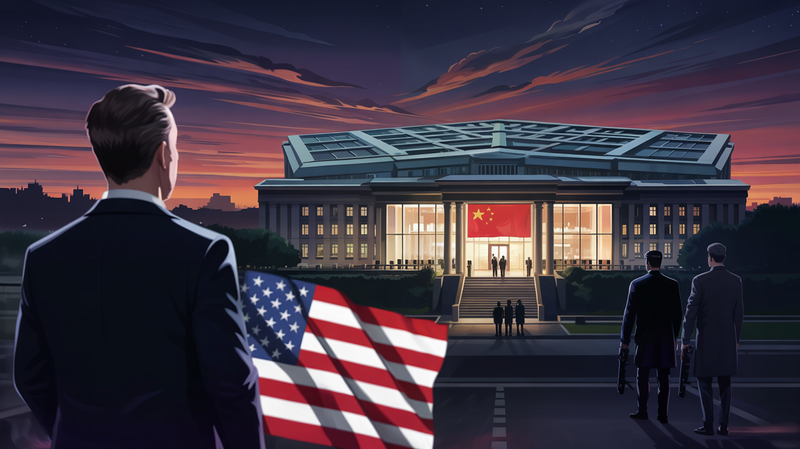Understanding Russia's Transformation: A Shift Toward China
The West often underestimates how much Russia has changed in recent years, particularly in its deepening relationship with China. Vladimir Putin's current visit to Beijing, where he is meeting with Chinese President Xi Jinping and top officials, underscores this significant shift. For a long time, many in the
The West often underestimates how much Russia has changed in recent years, particularly in its deepening relationship with China. Vladimir Putin's current visit to Beijing, where he is meeting with Chinese President Xi Jinping and top officials, underscores this significant shift.
For a long time, many in the West believed that Russia's alliance with China was a temporary situation driven by Putin's anti-American stance and obsession with Ukraine. The hope was that once Putin was out of the picture, Russia would naturally drift back towards Europe due to its longstanding economic and cultural ties. This optimistic view, however, misses the substantial transformations that have taken place in Russia's economy and society.
Since the onset of the war in Ukraine and the imposition of severe Western sanctions, Russia has become increasingly reliant on China. In 2023, trade between the two nations reached a record $240.1 billion, a 60% increase from pre-war levels. China now accounts for 30% of Russia's exports and nearly 40% of its imports. This shift is also evident in the financial sector, where the Chinese yuan has become the most traded currency on the Moscow stock exchange, replacing the dollar and euro.
Chinese products have become ubiquitous in Russia, with Chinese car brands dominating the market following the exit of Western companies. The same trend is visible in other consumer goods, such as smartphones and home appliances, where Chinese brands have taken over from Western ones. This change is not just economic but also cultural. Russian oligarchs, now blacklisted in the West, are pivoting towards China, moving production facilities there and integrating more deeply into the Chinese economy.
Education is another area of transformation. Many Russian elites are seeking Mandarin tutors for their children and considering Chinese universities over Western ones. In 2023, 12,000 Russian students went to study in China, a fourfold increase compared to those going to the United States.
Travel patterns among the Russian middle class have also shifted. Direct flights between Moscow and Beijing have increased, while trips to Europe have become more expensive and less convenient due to travel restrictions and visa issues. Consequently, Russians are now more likely to travel to destinations in the Middle East and Asia.
The intellectual sphere is also experiencing a shift towards China. Russian scientists and intellectuals are increasingly collaborating with Chinese institutions, especially in advanced fields such as space exploration, artificial intelligence, and biotechnology. Russian publishers, facing the withdrawal of Western authors, are turning to Chinese literature, supported by grants from the Chinese government.
These developments highlight a profound change in Russia’s orientation from West to East. While Chinese culture is unlikely to completely replace Western culture in Russia, the influence of China is growing significantly. This shift reflects a broader realignment in global geopolitics, driven by the current geopolitical climate and economic necessities.
In sum, the changes in Russia are deep and enduring. The West must recognize and understand this transformation to accurately engage with the new realities of global politics.
This article draws on insights from Alexander Gabuev's piece in the New York Times, detailing Russia's evolving relationship with China.





